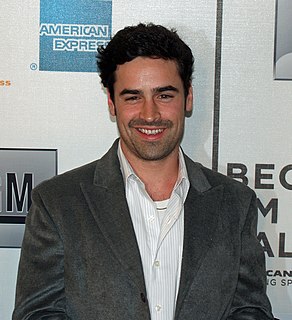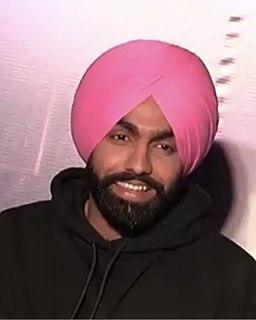A Quote by Lynne Ramsay
With dialogue, people say a lot of things they don't mean. I like dialogue when it's used in a way when the body language says the complete opposite. But I love great dialogue... I think expositional dialogue is quite crass and not like real life.
Related Quotes
When I go to the cinema, I want to have a cinematic experience. Some people ignore the sound and you end up seeing something you might see on television and it doesn't explore the form. Sound is the other picture. When you show people a rough cut without the sound mix they are often really surprised. Sound creates a completely new world. With dialogue, people say a lot of things they don't mean. I like dialogue when it's used in a way when the body language says the complete opposite. But I love great dialogue I think expositional dialogue is quite crass and not like real life.
You know, this dialogue is only helpful when we come, both of us, to a point where we realize that no dialogue is possible, that no dialogue is necessary. When I say understanding or seeing, they mean something different to me. Understanding is a state of being where the question isn't there any more. There is nothing there that says, "Now I understand!" That's the basic difficulty between us. By understanding what I am saying, you are not going to get anywhere.
I don't think all comedy should be mindless. Have something that's thoughtful. Maybe some things are tongue-in-cheek; maybe some things are very direct. I like that people have to think about things. That excites me. Because if you say certain things, it starts a dialogue. Even if you disagree, it's still a dialogue.
I hate it when I'm reading a comic, and the dialogue looks like stickers stuck on top to explain what's going on. For me the best is when your eye goes in a certain point and moves through the composition and then springs out on the dialogue, or gets confused in the image and then goes to the dialogue for an explanation.



































